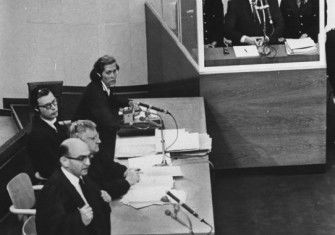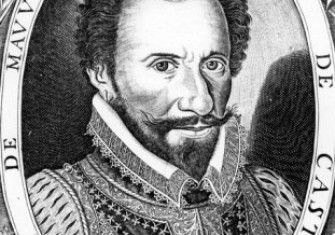Remembering three great historians
In differing ways, John Bossy, Lisa Jardine and David Cesarani all broke free from the discipline's traditional confines.
 The weekend of October 24th and 25th was a bleak one, during which the deaths were announced of three distinguished scholars – John Bossy, Lisa Jardine and David Cesarani – all of whom broke free from history’s traditional confines.
The weekend of October 24th and 25th was a bleak one, during which the deaths were announced of three distinguished scholars – John Bossy, Lisa Jardine and David Cesarani – all of whom broke free from history’s traditional confines.
John Bossy, who has died aged 82, produced studies of Elizabethan Catholicism and espionage that were marked by their literary elegance and pioneering adoption of methodologies derived from other fields, such as anthropology, as well as other historical traditions, especially those of France and Germany. His masterpiece, Christianity in the West (1985), charted the shift from unity to division among believers, a process Bossy attributed to the early modern state’s increasing emphasis on the prohibitions of the Old Testament Decalogue. Remarkably, his 1991 study, Giordano Bruno and the Embassy Affair, won the Crime Writers’ Association Golden Dagger for non-fiction, worthy recognition of his peerless prose style. As Professor of Early Modern History at York he was a generous mentor to generations of students.
Lisa Jardine, 71, was the most public of public intellectuals for whom the label ‘historian’ is inadequate. Having begun her studies at Cambridge as a mathematician, she switched to English and became a historian of science, a reflection of her genre-busting, interdisciplinary approach, which led to her becoming the head of Britain’s Human Embryology and Fertility Authority, where her humane empathy and scientific knowledge combined brilliantly. She was a one-woman refutation of C.P. Snow’s theory of Two Cultures. She became, like her father, Jacob Bronowski, on whose biography she was working at her death, a skilled broadcaster.
David Cesarani, whose death at just 58 came as the greatest shock of all, looked into the darkest recesses of human history: his 2004 biography of the ideologically driven Nazi bureaucrat Adolf Eichmann is unlikely to be surpassed and his forthcoming study of the Final Solution is awaited eagerly. No one in Britain did more for Holocaust education. Yet, despite his chosen subject matter, David was a man of sunny disposition, whose impish humour and youthful energy lit up a room. He, along with John Bossy and Lisa Jardine, will live on in their remarkable bodies of work and the fond memories of their many friends and colleagues.
Read an interview with Lisa Jardine from 2003
Read David Cesarani's articles for History Today
Paul Lay is the editor of History Today.






